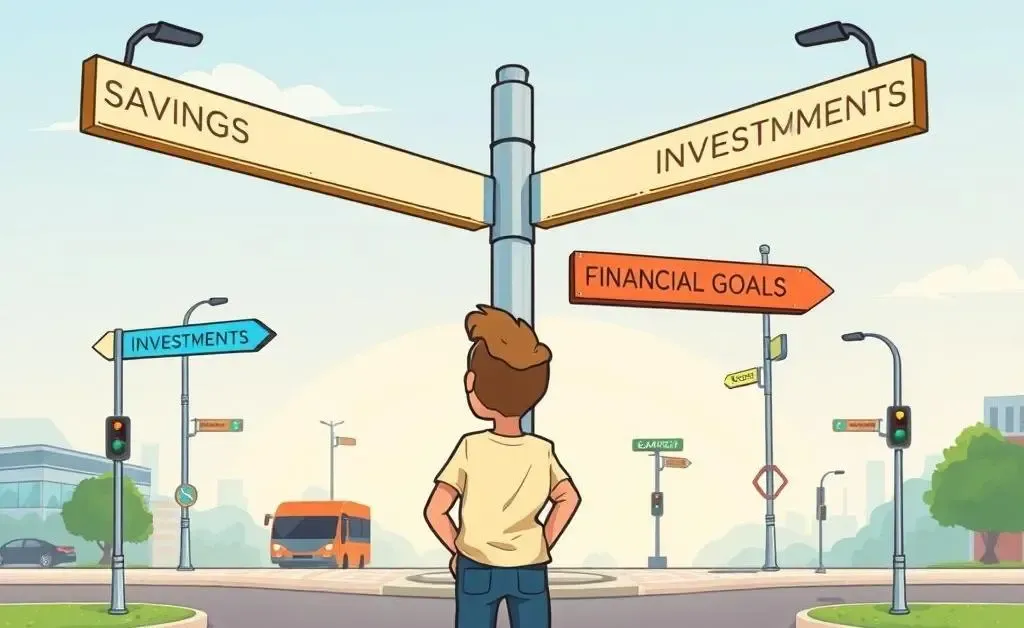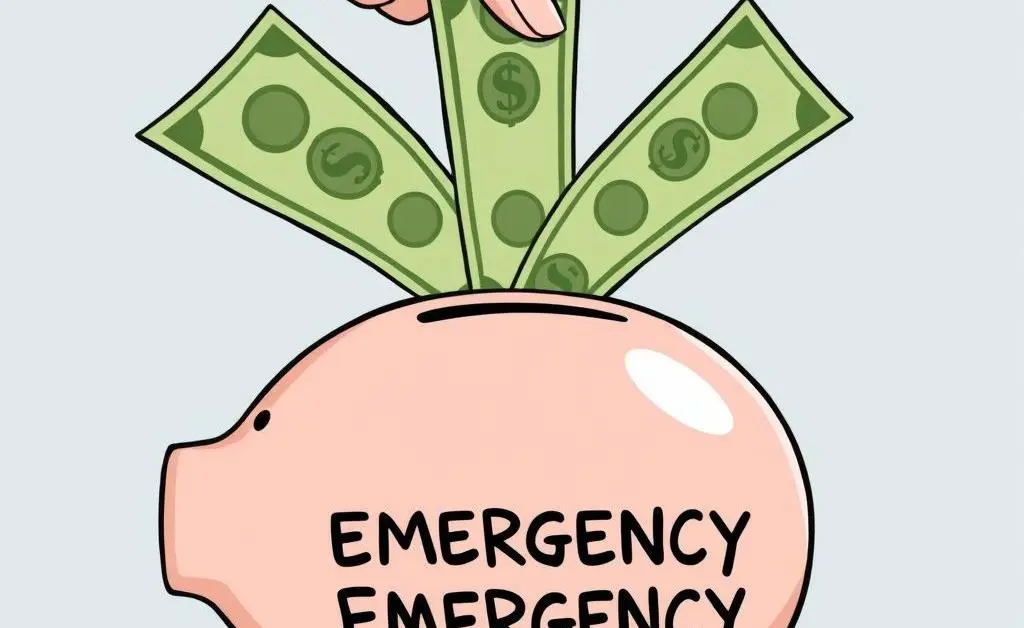Simplifying Personal Finance: Your Roadmap to Financial Clarity
Discover simple steps to master personal finance and make your money work for you.

Ever feel like managing your finances is like navigating a maze with moving walls? You’re not alone. Many of us face the overwhelming challenge of deciding how to save, invest, or spend wisely.
Why Start with Budgeting?
Budgeting is like using a roadmap—it shows you the direction and helps prevent overspending. Once, I decided to ditch my daily coffee shop visit for the glory of homemade brews. I saved over $60 each month! Who knew a tweak in the caffeine routine could be so financially refreshing?
How to Create a Simple Budget:
- Identify fixed expenses (rent, utilities).
- Set reasonable spending limits for variable costs (like groceries and dining out).
- Aim to save at least 20% of your income. It sounds obvious, but this cushion becomes your safety net.

Investing 101: Where to Begin?
Investing isn't just for Wall Street wizards. It’s about making your money work while you’re sleeping. Start simple, and understand a few key options:
- Stocks: Think ownership in companies. Great for long-term growth but watch for volatility.
- Bonds: Like lending money to an organization for steady returns. Lower risk compared to stocks.
- Index Funds: Diversify across a segment of the market to spread out risk.
Dip a toe in with a robo-advisor if you’re new to the game. They simplify the process and tailor investments to your risk tolerance.

Build an Emergency Fund: Your Lifeline
An emergency fund is like having a superhero under your bed. It’s there when unexpected expenses (or villains) strike. Aim to cover 3-6 months’ worth of expenses.
The importance of this fund is akin to wearing a seatbelt—it feels unnecessary until it’s critically needed. Start small, $10 a week is still progress!

Conclusion: Take Baby Steps
Mastering personal finance is no sprint; it’s a marathon. Structure your money journey by starting with clear budgets, exploring investments, and safeguarding with an emergency fund.
What’s your next step in improving your financial wellbeing? Share with us how you plan to tackle a common finance challenge.




